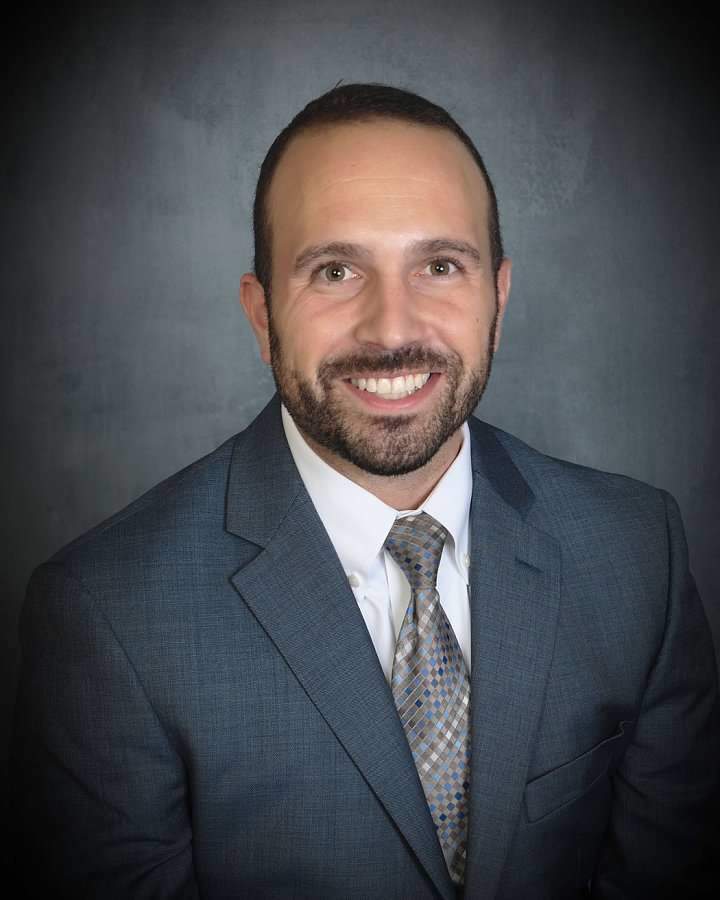
We all know that medical debt drives many people into bankruptcy. It’s the largest category of debt in the United States. Even if patients recover, the weight of medical bills can ruin their lives.
Well, it’s even worse than we or the government or anybody else thought. A study from JAMA (Journal of the American Medical Association) just published in July tells us that collection agencies held $140 billion in unpaid medical bills in 2020. (The study covers January 2009 to June 2020.) A previous study done in 2016 indicated the amount was almost half that — $81 billion.
It gets worse. That $140 billion ONLY incudes debts that have been sold to collection agencies. It does NOT include
- Debt collection lawsuits hospitals themselves file against patients. These of course, can cost patients even more in legal fees and wage garnishments.
- Credit card debt incurred by paying medical bills
- Long-term payment plans with health care providers or others to pay medical debt
- Medical debt not reported to a credit bureau, because that is where the researchers got the data
- Bills incurred during the coronavirus pandemic which is not yet available
Higher in the South
The JAMA study reports that 10% of people had medical debt in 2009. In June 2020, that number had risen to 17.8%, a 78% increase. All of these people have had debt long enough to affect their credit ratings, or it would not have shown up on the study.
Medical debt was highest for people who
- Live in the South
- Among those with low income
- Even higher among those with low income in states that did not expand Medicaid
The medical debt in the deep South was about three times higher than that for the rest of the country.
The Inequities of Medical Bills
The poor are hit especially hard by medical debt, because it’s not debt that is discretionary. You can choose to live in a cheaper apartment, buy a cheaper car and eat cheaper food. But if you have a medical emergency or need surgery, the hospital is going to charge a poor person the same as a rich person.
There is another type of inequity, this one between health care providers and patients. A study was done reviewing 5,023 medical debt collection lawsuits in Wisconsin from the years 2017 to 2019. The study found that health systems were always represented by lawyers. However LESS than 1% of patients had legal representation.
The Effect of Medicaid Expansion
“If you think about Americans getting phone calls, letters and knocks on the door from debt collectors, more often than not it’s because of the U.S. health care system,” said Neale Mahoney, a health economist at Stanford University and the paper’s lead author. The decisions states made regarding expanding Medicaid in 2014 have made a huge difference in inequality of medical debt between higher income and lower income people particularly in the South.
How Florida Has Been Affected by Not Expanding Medicaid
Although Florida opted not to expand Medicaid, it has not been as hard hit as other states that did not. Mahoney said, “Florida has, obviously, a large, over-65 population that has great health insurance coverage through Medicare or through a private Medicare Advantage plan. So medical debt levels are lower in Florida than in other nearby states.” But be aware the data he is looking at does not include time period of the Covid-19 pandemic hit.
Medical Debt Is Hard to Collect
Many people live long-term with medical debt and watch their credit ratings plummet. The reality is that it’s not the highest priority debt for most people. If you don’t pay your rent, you get evicted. If you don’t pay your utilities, your lights and your phone are turned off. If you don’t pay your car payment, your vehicle is repossessed. So, it’s not surprising that people who are juggling debt do not prioritize medical bills,
Don’t Ignore Your Medical Debts
If you are among the many Americans with what seems to be insurmountable medical bills, don’t just ignore them. Contact Ziegler Diamond Law: Debt Fighters for a free consultation by submitting this form. Or just call us directly at (727) 538-4188 in Clearwater, (813) 225-3111 in Tampa or (352) 600-1326 in Mt. Dora.
We will analyze your situation, lay out your options and fight for your rights. Call us and regain some peace of mind.






